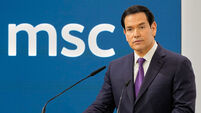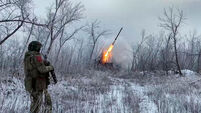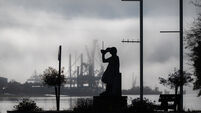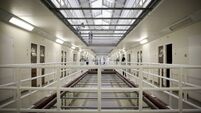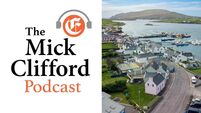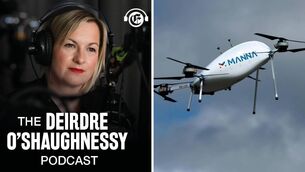Hope flickers in Ukraine and Europe as Trump and Putin conspire
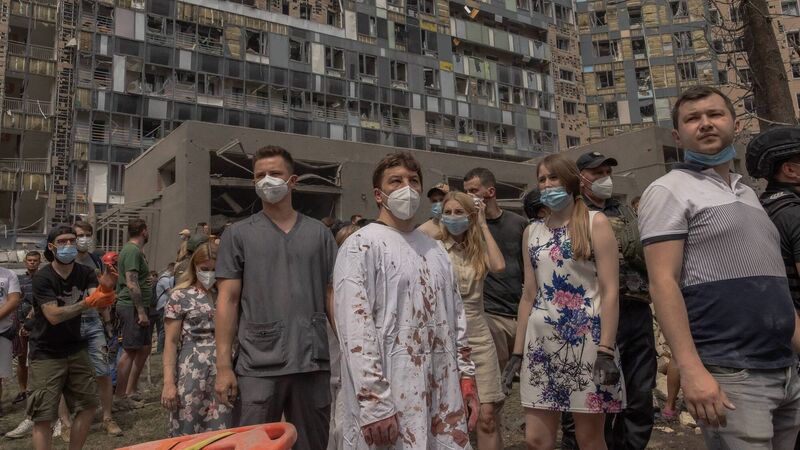
Paediatric surgeon Ihor Kolodka, centre, and other medics amid the rubble at Ohmatdyt Children’s Hospital following a Russian missile attack on Kyiv on July 8, 2024. Donald Trump's assertion that Ukraine started the war is belied by Russia's invasion three years ago and sustained attacks since. Picture: Roman Pilipey/AFP/Getty
Just over a week ago, a bomb slammed into the roof of Tatiana Vagramenko’s grandmother’s house in south eastern Ukraine.
The house was left in ruins.




